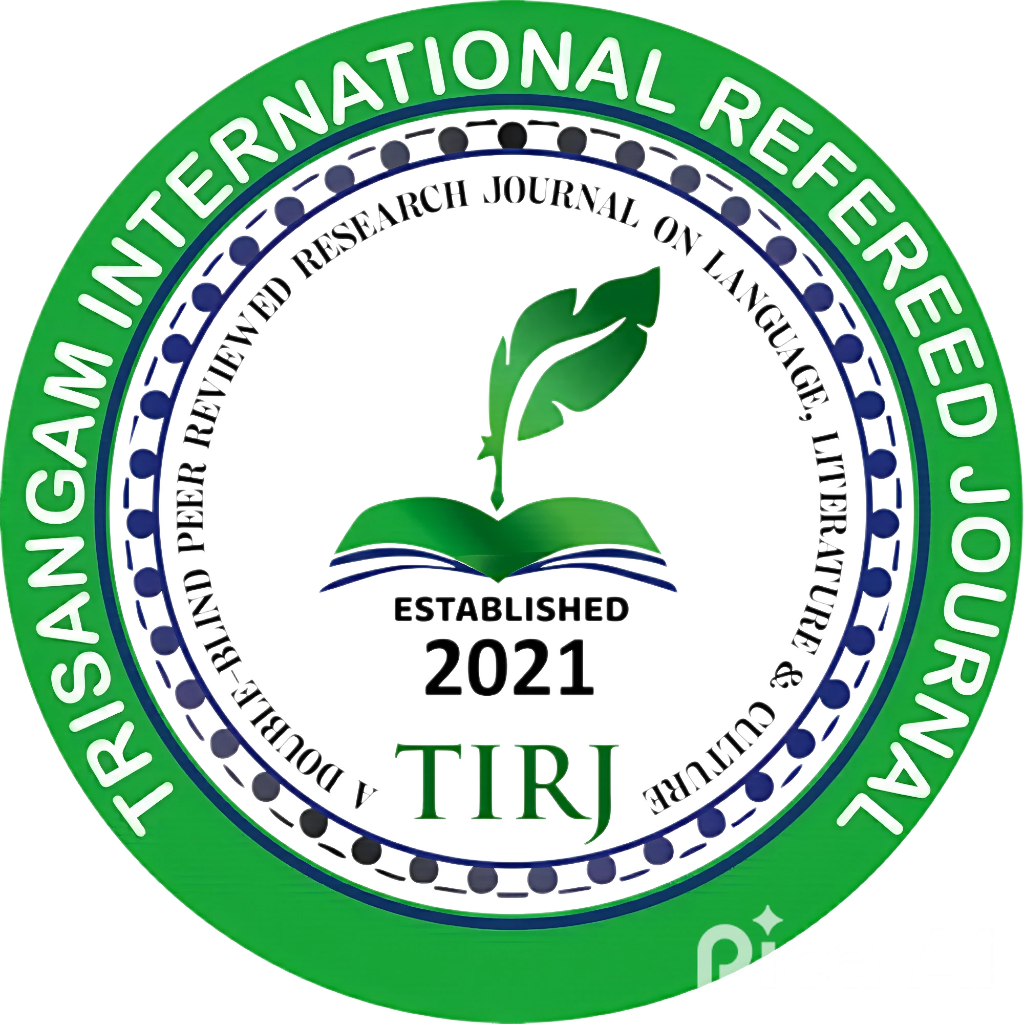Society and Family from the Perspective of Giribala Devi : A Discussion of ‘Raybadi’/ গিরিবালা দেবীর দৃষ্টিতে সমাজ ও পরিবার : প্রসঙ্গ ‘রায়বাড়ী’
Keywords:
- 19th century,
- Andarmahal,
- contemporary society,
- tradition,
- familial framework,
- Zamindar
Abstract
In the transitional phase of women’s awakening in Bengal, Giribala Devi was one of the important figures to emerge. In the last part of the 19th Century, she was born into a rural village of undivided Bengal. As per the contemporary village tradition, she was married at the young age of only 12. Interestingly, she became educated coming in contact with an educated husband and her affinity towards literature began to grow. The realities of contemporary village life - the household, the family, and society - are reflected in all her literary creations. In most of her stories and novels, we see the struggle of a woman in order to establish herself as an individual, which in a way also represents the broader picture of the contemporary society. In this essay, I have attempted to depict the social and familial framework of the 19th century as reflected in the memory-based writings of Giribala Devi. Written in two parts, Raybadi (1st part 1974, 2nd 1364), stands as a living testimony of the life of a Zamindar family from Bangladesh, covering festivals from Durga Puja to Dol Yatra (Festival of Colours) in detail. Since the author expresses her own life stories in the novel, in the process, she has also revealed events and emotions surrounding a woman’s life with precise details. The presence of three generations of people has further helped the readers to understand the contemporary society even better. With the transition from one generation to the other, the changes in societal atmosphere, have also been portrayed vividly in the novel. Under the strict guise of rules and regulations of a 19th century zamindar family, the internal space of the inner household (Andarmahal) also comes into view through her writings, making them even more significant. Without her careful effort, the picture of contemporary society and its characters might have disappeared into oblivion. The essence of a traditional Bengali joint family framework, once used to be the hallmark of Bengali identity and culture under the British rule, had already began to collapse by then. Giribala Devi has drawn an accurate picture of that transformation in this novel. In this essay, I have attempted to reflect on the joint family framework of that time and in doing so, we tried to delve deeper into contemporary societal realities of the late 19th century.
Downloads
References
১. বসু, শর্মিলা, গিরিবালা দেবী: রায়বাড়ীর লেখিকা, বিভাব- ২৫, ১৩৯১, পৃ. ৯২
২. সিংহ, মঞ্জুশ্রী, গিরিবালা দেবী, বাংলা ভাষা সাহিত্য ও সংস্কৃতি গবেষণা সংস্থা, ১৯৮৯, পৃ. ৩০
৩. দেবী, গিরিবালা, রায়বাড়ী, প্রথম খণ্ড, গ্রন্থবিকাশ, ১৯৭৪, পৃ. ৯
৪. রায়, বাণী, (সম্পা.), গিরিবালা দেবীর রচনাবলী, রামায়ণী প্রকাশ ভবন, ১৩৮৪, পৃ. ১৯৩
৫. দেবী, গিরিবালা, রায়বাড়ী, প্রথম খণ্ড, গ্রন্থবিকাশ, ১৯৭৪, পৃ. ৬২
৬. তদেব, পৃ. ৩০৫
৭. তদেব, পৃ. ১১৫
৮. তদেব, পৃ. ১২৩
৯. তদেব, পৃ. ৮৭
১০. তদেব, পৃ. ২৮১
১১. তদেব, পৃ. ২৬৭
১২. রায়চৌধুরী, সুবীর, (সম্পা.), রায়বাড়ি, দেজ পাবলিশিং, ২০১৪, পৃ. ১৩
১৩. দেবী, গিরিবালা, রায়বাড়ী, প্রথম খণ্ড, গ্রন্থবিকাশ, ১৯৭৪, পৃ. ৪০
১৪. তদেব, পৃ. ৬






